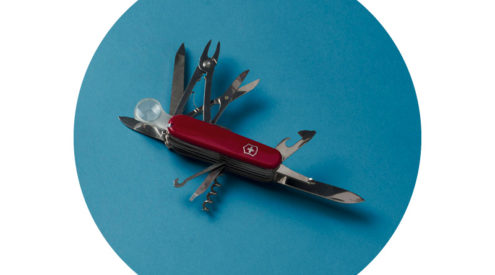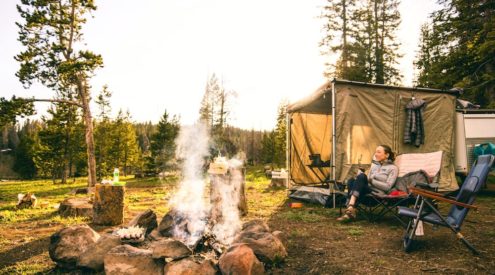What to look for when choosing a technical watch
by Fiona McIntosh
You need to know where you are when heading into the hills and, while there are a host of GPS systems out there, they chow batteries and aren’t a good option on long backpacking trips. That’s when a good mountain watch comes into its own.
With so many brands to choose from how do you find the watch for you? Well, for one don’t be too swayed by the vast array of functions some watches offer as chances are you won’t use half of them. I was gobsmacked by the functionality even entry-level adventure watches have in addition to the obvious alarm, stopwatch and other chrono function) – you almost need a degree in computer programming to set them up. In my opinion, what most hikers and mountaineers need to be safe in the hills is a timepiece, altimeter(duh) and barometer. Although a bit approximate and difficult to use, a digital compass is useful and allows you to roughly follow a bearing but a separatecompass and a map is still non-negotiable. A system which warns you of significant drops in pressure and the approach of seriously bad weather or a pressure log, is a bonus. Many of the other functions – such as temperature – are simply nice to have rather than lifesavers, particularly as you generally have to take the watch off your wrist for a while to allow it to measure the ambient air temperature rather than that of your sweaty body, for example.
The abuse you can give the watch is also important. Clearly if you’re hiking, mountaineering, trail running or mountain biking in the hills, chances are the watch is in for a few scrapes. And while you might not be planning to go to the extremes of hot, cold and depth that thewatch is rated to, water resistance is essential. Finally, the battery life, warranty, and after sales support is important so get guidance from the salesperson.


















